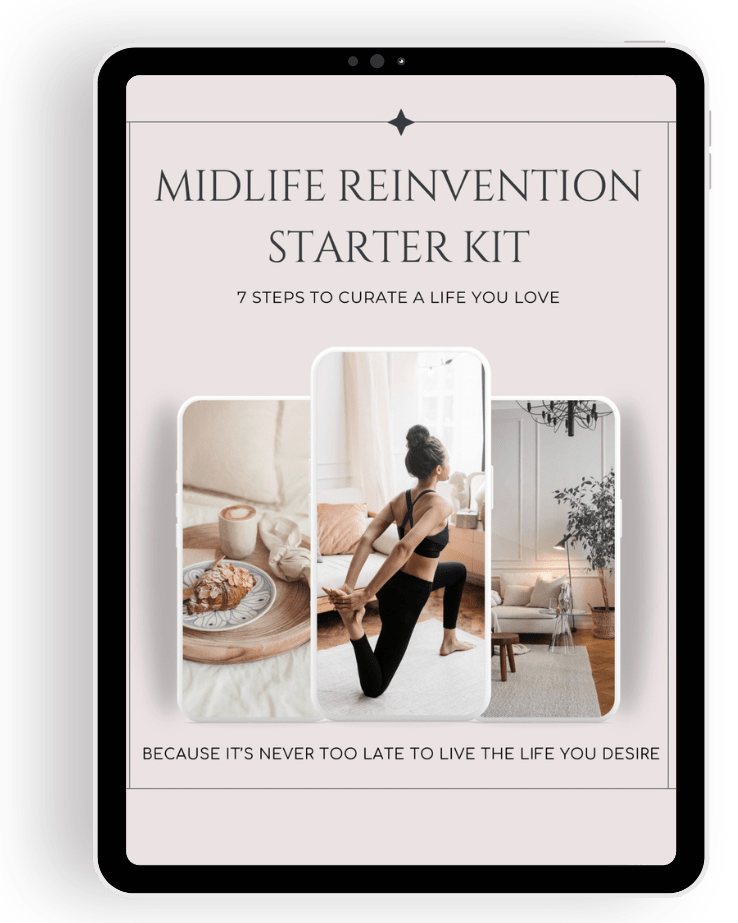Ageing is an inevitable and natural process that all of us will experience throughout our lives. As the years pass, our bodies and minds go through a series of transformations, and it’s essential to adapt our wellness routines to suit our changing needs at every stage.
Age-specific wellness is the key to a healthy and fulfilling life, ensuring that we can not only live longer but also live better. This article will explore the concept of age-specific wellness and how it can help us maintain our health and well-being as we journey through life.

The Importance of Age-Specific Wellness
Age-specific wellness is a holistic approach to health that recognizes the unique requirements of individuals at different stages of life. It acknowledges that what worked for us in our twenties may not be suitable for our forties, and what keeps us healthy in our sixties will differ from our thirties.
This tailored approach to wellness is essential because it helps us address the specific challenges and opportunities of each age group. One of the primary advantages of age-specific wellness is the prevention and management of age-related conditions.
As we age, our bodies become more susceptible to certain health issues. For example, the risk of heart disease, diabetes, and arthritis tends to increase with age. An age-specific wellness plan can help us manage these risks through appropriate exercise, nutrition, and medical interventions.
By staying ahead of potential health problems, we can lead healthier, more fulfilling lives as we age.
CHECK OUT: 30-Day Health & Well-being Challenge
Age-Specific Wellness Throughout Life
Children: Nurturing a Healthy Start
Children’s age-specific wellness is critical for a healthy start. Priorities include balanced nutrition, physical activity, adequate sleep, safety awareness, mental health support, vaccinations, cognitive development, social interaction, screen time regulation, and dental care.
Establishing these habits early lays the foundation for lifelong well-being. Proper attention to some of the above could show symptoms of diseases like liver failure. Experts at Nationwide Children’s Hospital opine that liver failure whether acute or chronic, can be expertly managed.
Treatment options include transplants, specialized medications, and careful monitoring, ensuring comprehensive and compassionate care for a child’s best possible outcome.
Youth: Building a Strong Foundation
In our youth, it’s crucial to establish a solid foundation for lifelong wellness. This includes developing healthy habits like regular exercise, a balanced diet, and adequate sleep. Building a strong foundation during this stage sets the stage for a healthier future.
Adulthood: Balancing Priorities
As we enter adulthood, our responsibilities often increase, and finding the balance between work, family, and personal well-being can be challenging. Age-specific wellness at this stage may involve stress management techniques, time management, and maintaining a healthy work-life balance.
Middle Age: Managing Changes
Middle age often comes with physical and hormonal changes. For men and women, this can include the onset of menopause or andropause.
Age-specific wellness plans may include recommended screenings for various conditions, such as cancer, liver failure, cholesterol levels, and bone density. These screenings play a vital role in ensuring your overall health as you age.
Golden Years: Embracing Aging
In our senior years, age-specific wellness is vital to ensure a high quality of life. Staying socially connected, maintaining cognitive health through activities like puzzles and brain exercises, and regular medical check-ups to monitor and manage age-related health issues are essential.

Key Components of Age-Specific Wellness
Age-specific wellness encompasses a variety of factors that influence our health and well-being. Here are some key components:
- Physical Activity: The type and intensity of physical activity required to change with age. In youth, high-intensity workouts may be suitable, while older adults may benefit more from low-impact exercises such as swimming or yoga. Regular exercise helps maintain muscle mass, bone density, and overall mobility.
- Nutrition: Age-specific dietary needs should be a priority. Younger individuals may focus on a balanced diet for energy and growth, while older adults should pay attention to nutrients like calcium and vitamin D to support bone health.
- Mental Health: A strong mind is as vital as a strong body. Managing stress and anxiety becomes increasingly important as we age. Practising mindfulness, meditation, and engaging in mentally stimulating activities can support cognitive health.
- Preventive Healthcare: Regular check-ups and screenings can help identify potential health issues early. Age-specific wellness plans may include recommended screenings for cancer, cholesterol levels, and bone density, among others.
- Social Engagement: Staying socially active is crucial for emotional well-being. Building and maintaining relationships, volunteering, and participating in community activities can help prevent loneliness and isolation.
- Sleep: Quality sleep is essential at every age. Poor sleep can contribute to a range of health problems, from mood disturbances to chronic conditions. Age-specific recommendations for sleep duration and sleep hygiene are important.
- Hormone Health: Hormone balance can impact various aspects of well-being, from mood to energy levels. For middle-aged and older adults, addressing hormonal imbalances through medical interventions can have a profound impact on overall health.

The Role of Healthcare Providers
Healthcare providers play a critical role in age-specific wellness. They can provide guidance, conduct assessments, and create personalized wellness plans based on individual health history, risk factors, and age.
Regular check-ups with a primary care physician and specialist consultations, when needed, can help individuals stay on top of their age-specific wellness goals.
RELATED: 8 Ways to Improve Your Health
Wrapping Up
By tailoring our wellness routines to our age, we can maximize our chances of leading a long, healthy, and fulfilling life. Whether in our youth, adulthood, middle age, or our golden years, age-specific wellness empowers us to take control of our health and well-being.
Embracing this holistic approach to wellness can make ageing not only inevitable but also enjoyable, allowing us to make the most of every stage of our lives.

Feel free to sign up to my Friday Morning Love Note HERE! This isn’t just a newsletter - it’s your invitation to pause, reflect, and realign with you. Every week, we’ll journey together to uncover the small, meaningful shifts that will help you design a life that feels uniquely and beautifully yours. Each week, I’ll deliver fresh intentions, uplifting tips, and simple shifts to inspire purposeful, creative living.




